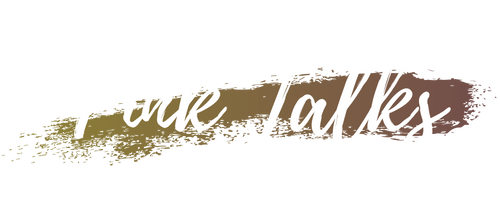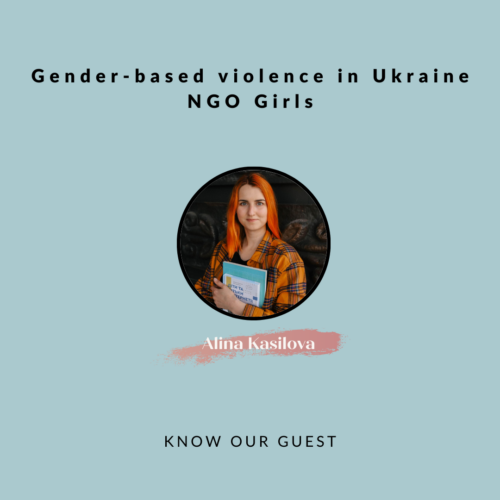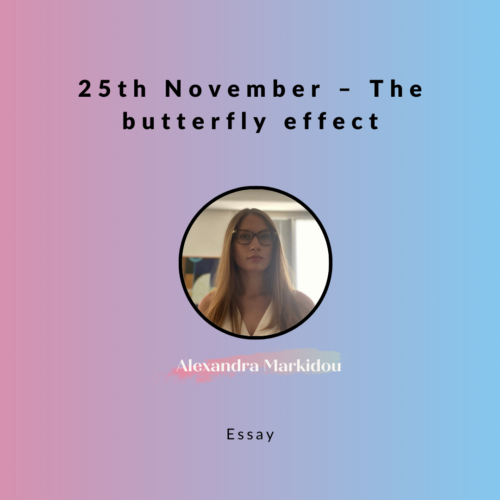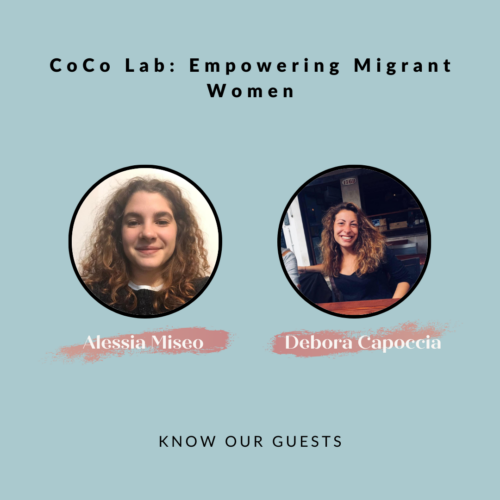“Our civilizations were not more basic or slower. They were a bit different”, says Dankhaiaa Khovalyg, our guest. It was a thought-provoking discussion where her rich knowledge of decolonization, history, ethnic groups of Russia, and discrimination satisfied our thirst for answers. We became more aware of the Russian reality few know about and the diversity of nations present in Russia.
What do we know about ethnic communities?
Russia is a multinational state with over 190 ethnic groups and not as homogenous as history makers want us to believe. Out of 85 Russian administrative regions, 21 are national republics, meaning native lands, and five are autonomous okrugs. We study a history that overlooks them and the systemic oppression and repression they were subjected to.
The idea of colonization is based on “civilizing” natives. With more resources, colonizers used aggressive methods to make villagers listen and convert to Christianity. Being forced through kidnapping, and seeing how Christians were perceived as more rightful are conditions that made native people question what is the solution to a better life.
Colonization functions on a hierarchy relation that places the tutelar nation at the top and the others at the bottom. In this process, there is a dominant center that excludes the other regions from culture, mass media, history, and system. It is the reason native Indigenous from Russia do not exist as a concept in the Western world, Europe, and sometimes even in Russia.
Language is world perception
Language is important. It is the wheel of our thinking, hence understanding the world.
In nomadic cultures, the oral language is more developed and used in passing fairytales, myths, legends, and songs to future generations, making oral folklore the main means of communication and preservation.
Tuvans did not have a specific alphabet or writing until the 20th century. It was at Moscow University that Cyrillic-based alphabets were created for all the colonized nations. But what happens when outsiders make a language for nations they were not part of? It generates discrepancies between oral heritage and written conversion.
Even when lacking writing knowledge and governmental support, Tuvans consciously or unconsciously support decolonial narratives through their actions. They are connected to their language in how they live, think, and produce oral content.
Decolonizing myself
For Dankhaiaa, the journey of reappropriating her Tuvan identity and breaking away from the colonized mentality started with questions: Why do Tuvan people live so poor compared to people in Moscow? Where is the logic behind it? Does it mean we are less?
Hearing the term decolonization for the first time at a lecture by an Azerbaijani poet was a turning point that completed her answers. By changing the lens and looking at her community as a colony, she gained clarity and a deeper understanding of the relationship with the state.
Her personal process connects with and fuels her activist work. Being a writer means constant research, which is how she started actively integrating Tuvan contexts and names for her characters. Then, she decided to use her Tuvan name given by her grandmother.
Volunteering in anti-war ethnic movements and initiatives was the next step in her activism. When mobilization began and helping people being evacuated from republics to safer spaces was draining her energy, she came up with the idea of doing soft decolonial things, such as the podcast republic speaking _.
“I think it’s all possible”, Dankhaiaa
We imagined a future where more young people are not afraid to talk and do politics, with a bigger number of feminist organizations, more sexual education, and more international connections for knowledge and experience exchange.
Dankhaiaa shared her positive vision, a picture of the Tuvan language as the only or at least one of the necessary federal languages in their region, for their government. She believes Tuva might become a place where industrial productions do not destroy ecology, and basic commodities like gas, water, and electricity are provided.
Have you discriminated?
Question. It is the major takeaway we learned and stuck with us after the discussion. We are products of a colonial, imperial system and mentality, but we first have to realize that. Accept, face, and confront it.
Where lies our empathy? We need to see with the eyes of people we so often ignore and exclude. Start by exposing yourself to information, googling decolonization, and following accounts of Indigenous and feminist organizations, activists, and movements.
Ask: Do I have privileges? Why? How many people have them? Did I make someone feel discriminated against?
Reflect on ways to contribute and take action. You are the change!
Show resources
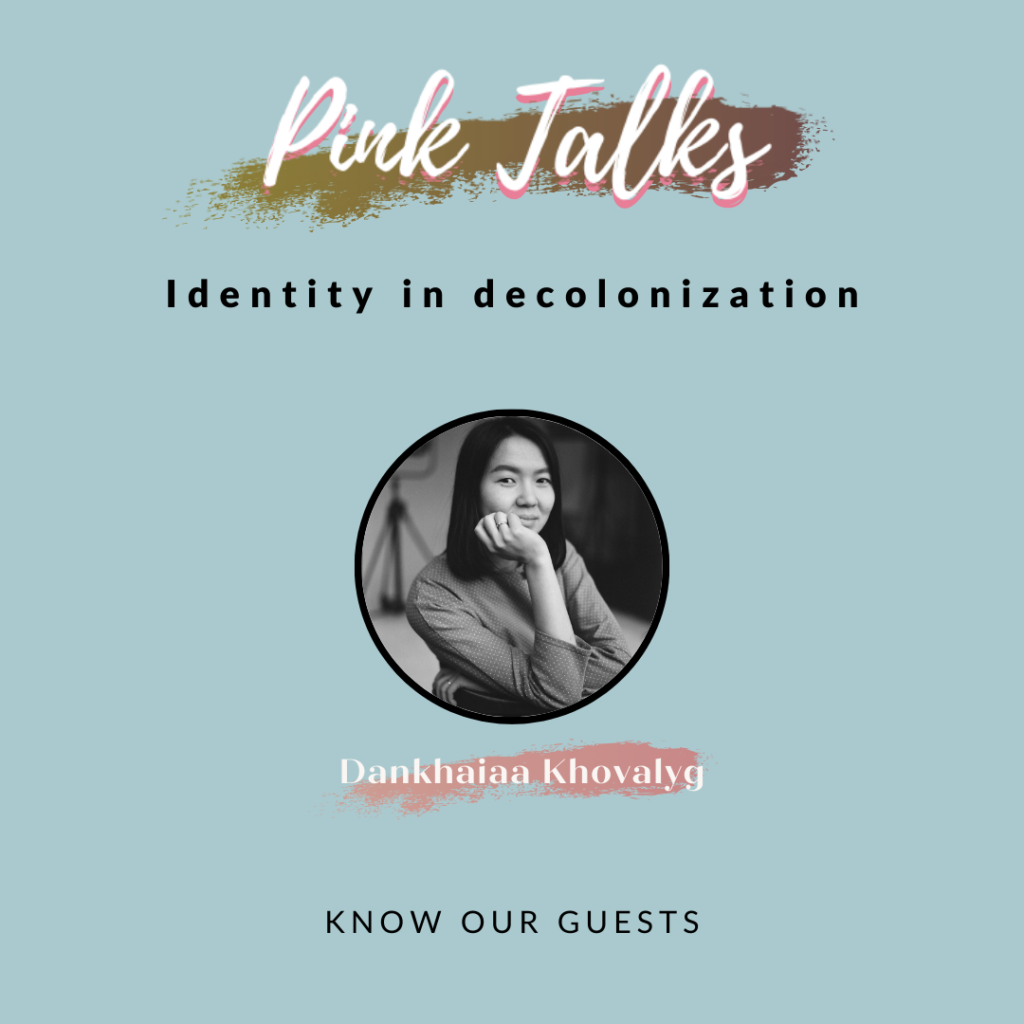
Dankhaiaa Khovalyg is a decolonial, feminist and anti-war activist, writer and author of the podcast “говорит республика _” about the Asian republics of Russia (“republic speaking _”).
Dankhaiaa is an ethnic Tuvan and was born and raised in the Republic of Tuva in southern Siberia, currently based in Berlin. Her articles and pieces have been published in various independent Russian media (Holod, DOXA, Beda etc.) and in the book of Samokat Publishing House.
-her podcast (Instagram and taplink with access to various audio platforms);
-independent media of Asian nations of Russia: Asians of Russia;
–an open letter from Russia’s Indigenous and Decolonial Activists;
–Instagram account of antiwar movement “Voices of Nations held captive by Moscow”;
–FEMINIST TRANSLOCALITIES – online journal, matrix of feminist utopias, zine, exhibitions and events about feminist theory and history;
-brochure made by Feminist Translocalities: “Без расизма: как говорить без расизма и ксенофобии”;
-her article published by Brill on Tuvan anti-war movement;
-a podcast made by a Kalmyk American on identity and diversity in English: Diversity Podcast.
